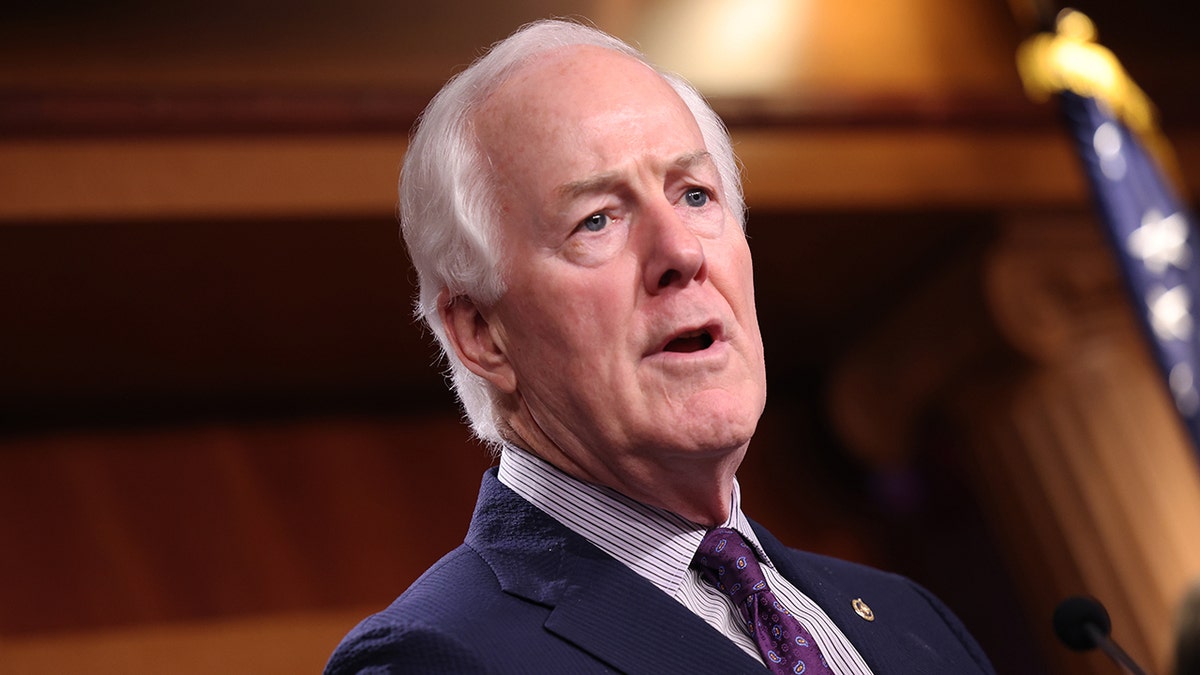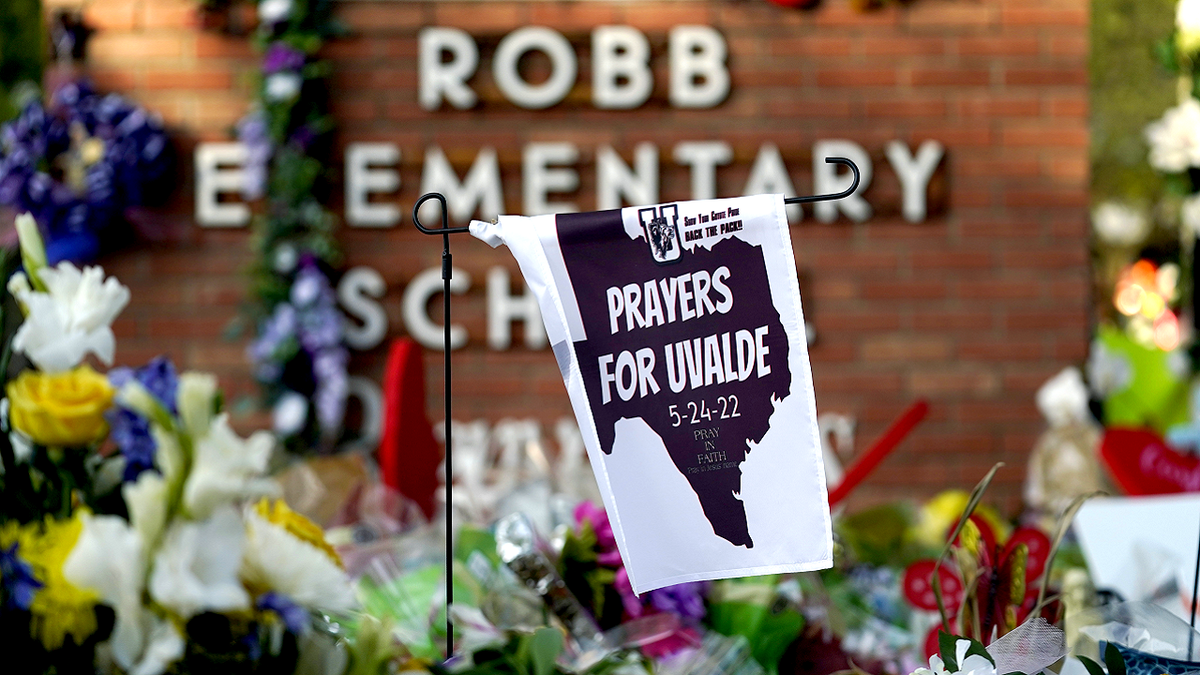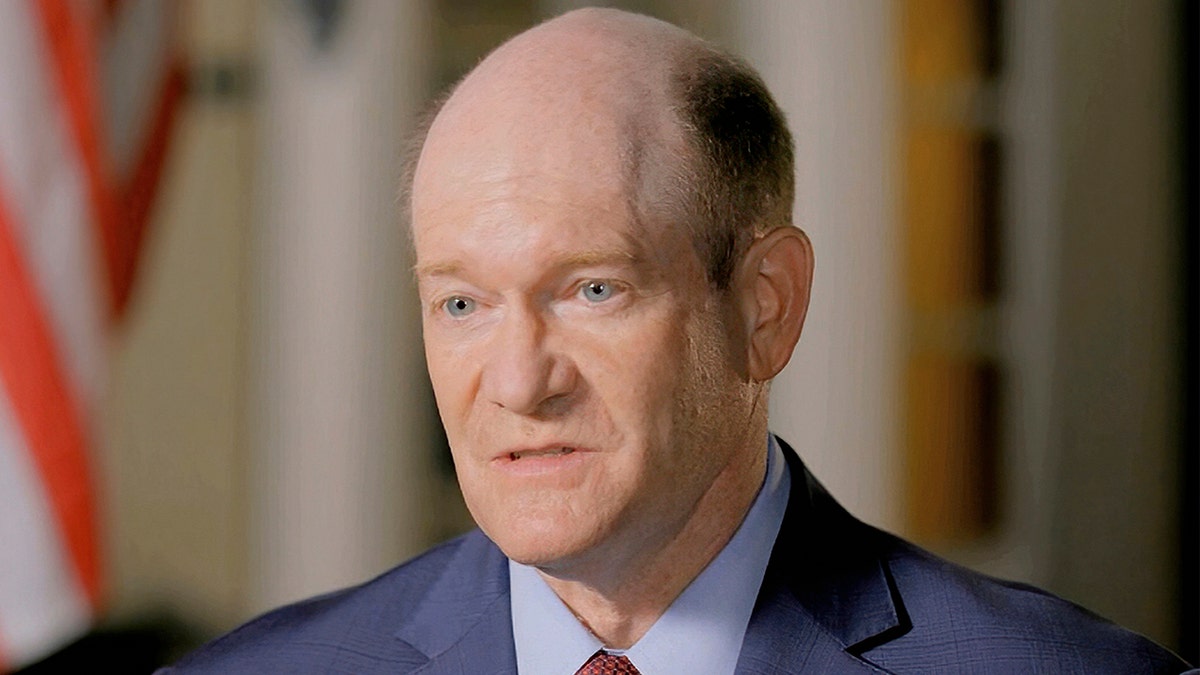Fox News Flash top headlines for June 15
Fox News Flash top headlines are here. Check out what's clicking on Foxnews.com.
Sen. John Cornyn, the top GOP negotiator on bipartisan gun legislation, said Wednesday that he has significant concerns about the details of a bill senators are writing to help prevent gun violence.
The comments from Cornyn, R-Texas, come after a bipartisan deal appeared to gain momentum following several recent mass shootings, including one in a Texas elementary school that killed 21.
Cornyn, Sen. Chris Murphy, D-Conn., and 18 other senators, including 10 Republicans, agreed on a bipartisan legislative framework over the weekend – enough to break a Senate filibuster if all Democrats vote for a bill. And Senate Minority Leader Mitch McConnell, R-Ky., gave his tentative backing to the deal Tuesday.

Sen. John Cornyn speaks at the U.S. Capitol on Aug. 4, 2021. (Kevin Dietsch/Getty Images)
But there's still a long way to go on multiple major issues, Cornyn said Wednesday.
"We're meeting again today. I'm starting to get a little bit concerned though, that there are a couple of issues that need to be settled before we can reach an agreement," Cornyn said.
One concern, Cornyn said, is how to define which states will get funding for programs designed to limit the access to guns for people who may pose a threat to themselves or others. Some states, Cornyn said, "don't have red flag laws but do have crisis intervention programs and things like mental health courts, veterans courts, assisted outpatient treatment, programs, things like that."

A banner hangs at a memorial outside Robb Elementary School on Friday, June 3. (AP/Eric Gay)
Cornyn added: "I just don't think anything that funds 19 states for their programs but ignores other states that have chosen not to have a red flag law, but rather have other ways to address the same problem, is going to fly."
The actual price tag, Cornyn said, is also a sticking point. Republicans may want to offset the costs with cuts elsewhere. And senators are also struggling to come up with a solution to the so-called "boyfriend loophole," according to the senator.
That loophole is a part of federal law that allows court-adjudicated domestic abusers to buy guns if they were not married to their partner. But lawmakers were struggling to come up with a definition of this non-married category of people who can't have a firearm, which would close the loophole but not sweep up other people accidentally.
Sen. Chris Coons, D-Del., played down how serious those sticking points are, calling them "modest negotiating challenges."

Sen. Chris Coons, shown at the Democratic National Convention in 2020, said Wednesday that he's confident any issues in bipartisan gun talks can be worked out. (Democratic National Convention via AP)
"I'll remind you as the bipartisan infrastructure bill went from work to legislation to the president's desk, it was declared dead several times," Coons said. "I do think there will be some ups and downs."
Coons also said lawmakers are still hoping to pass a bill before the July 4 recess in Congress.
Sen. Richard Blumenthal, D-Conn., also said any snags in the gun talks are "solvable" as long as all parties are working in good faith.
CLICK HERE TO GET THE FOX NEWS APP
Even more Republicans could support the bill depending on the final text – but some may also abandon the effort if they have issues with it. The mad dash to pass something by July 4 comes as Congress nears election season, when traditionally very little gets done in Washington.












































